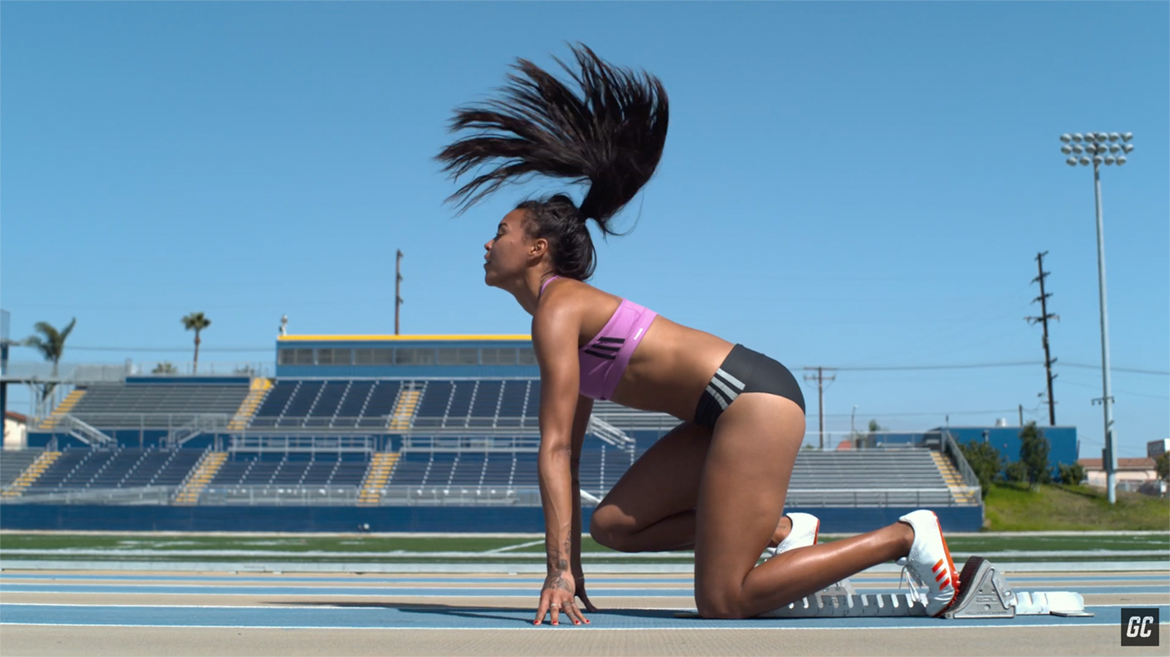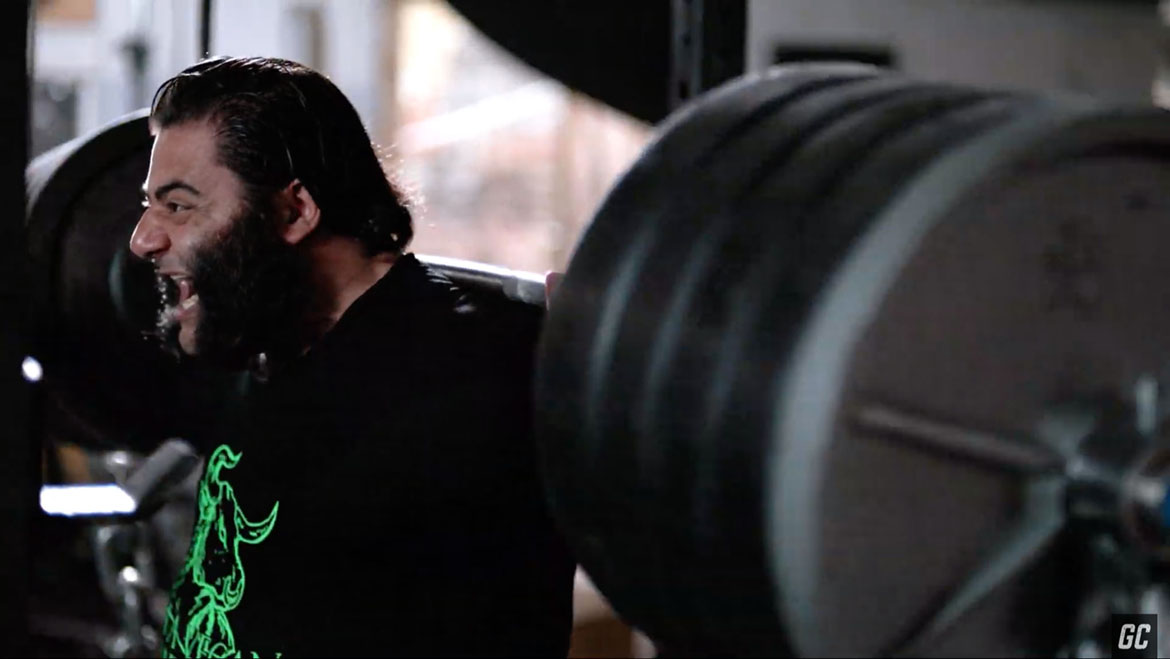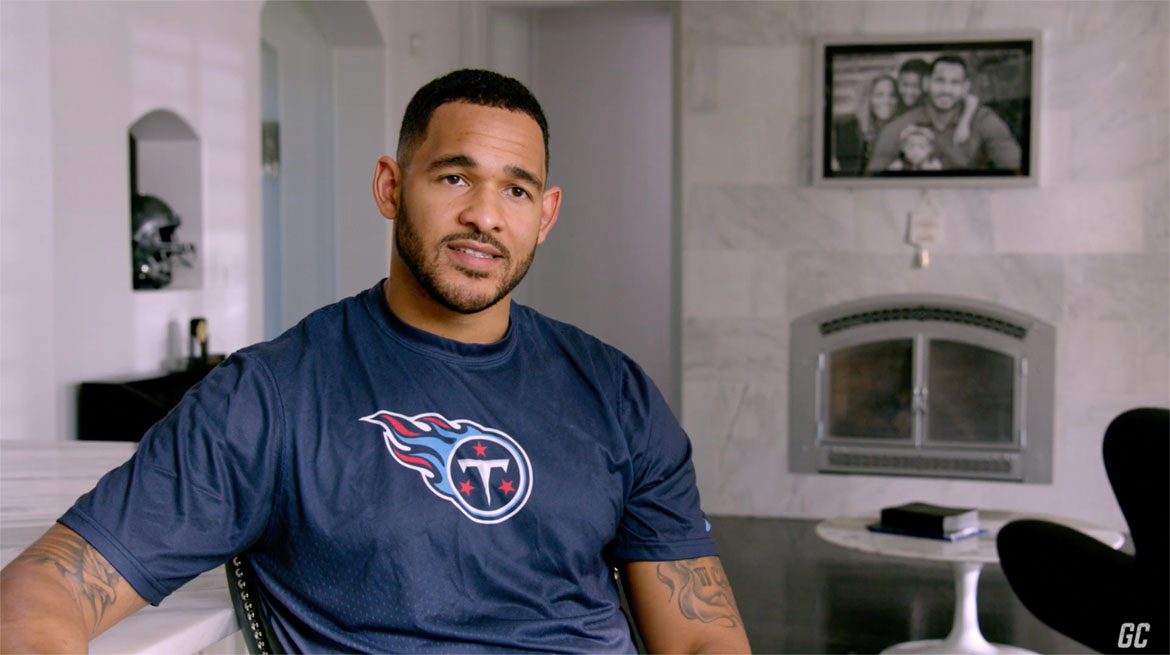Athletes of The Game Changers: 6 Champions and Their Ultra Performance

Athletes have long been told they need meat to be strong, but new research is beginning to debunk this belief. In The Game Changers, a new documentary, former UFC fighter and military martial arts instructor, James Wilks travels the world meeting the scientists, doctors and nutritionists challenging long-held assumptions about animal-based protein, and plant-based athletes competing at the highest level.
Here are six of the athletes featured in the film:
Scott Jurek
Ultrarunner
Considered one of the greatest runners of all time, Scott Jurek has won the Western States 100-Mile Endurance Run seven times, and set the speed record for the Appalachian Trail when he ran the 2,200-mile trek in 46 days — and he did it all on a plant-based diet, which he credits with his endurance and recovery.
Bryant Jennings
Heavyweight Boxer
Boxing champion Bryant Jennings has said he made a gradual transition to veganism, eventually going 100 percent plant-based, which he’s said has given him more mental clarity. “My athletic abilities pretty much didn’t change,” he says. “But it made it much better to move and make decisions based off the clarity I was able to have.”
Morgan Mitchell
Sprinter
Since going plant-based in 2015, Australian runner Morgan Mitchell says she no longer gets sick and can outperform many of the male athletes on her team. After winning the bronze medal in the 4X400 meter relay at the World University Games in Italy, Mitchell will be representing her country in the 800 meter sprint at the 2020 Olympic Games in Tokyo.

Patrik Baboumian
Strongman
“The point is to inspire people and break stereotypes that tough guys need to eat a lot of meat,” said Baboumian, the 2012 European Powerlifting Champion. He holds several world records (and once lifted a 330-pound beer keg over his head) and went plant-based in 2011 after living several years as a vegetarian. Baboumian notes that the best performances of his career came after he went plant-based. “I started noticing that my recovery times were better. I would recover faster from trainings, and also noticed I was having less joint pain, because I was having less inflammation,” he told OMD in an interview. “In the long run, these things led to improvement in all areas of my performance.”

Dotsie Bausch
Cyclist
Dotsie Bausch had battled eating disorders and drug abuse, and attempted suicide before taking up cycling during her recovery. She became an accomplished professional cyclist, with achievements including eight U.S. national championships, two Pan American gold medals. She went plant-based in 2009 and won a silver medal three years later at the London Olympic Games, where she competed as the oldest athlete in the history in her cycling discipline. In an interview with OMD, Bausch said that she first worried going plant-based would impede her performance. “I found, however, the switch to plants had the exact opposite effect—I felt like it became my secret weapon,” she says. “I could breathe better during training and literally ride circles around my teammates who were many years my junior. What’s more, my recovery time decreased immensely. I didn’t have to spend nearly as much time resting from the grueling workouts as I used to, which meant I could train more often and get stronger, faster.”

Derrick Morgan
NFL Linebacker
As a linebacker for the Tennessee Titans, Derrick Morgan decided to try a plant-based diet in 2016, with help from his wife, Charity, a professional chef. After seeing the improvement in his health and performance — and seeing the delicious meals he was eating every day —15 of his teammates signed up to get Charity’s meals as well. “Overcoming the preconceived notions is the biggest part,” he’s said. “I used to believe athletes had to eat meat to maintain play, then I educated myself.”

Keep up on where to see The Game Changers online here.
What's Next?
Looking for some plants that pack a punch? Check out our blog for 15 plant-based, protein-rich recipes.


